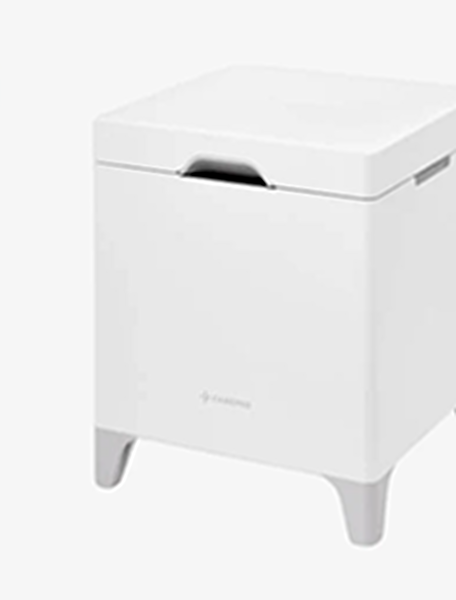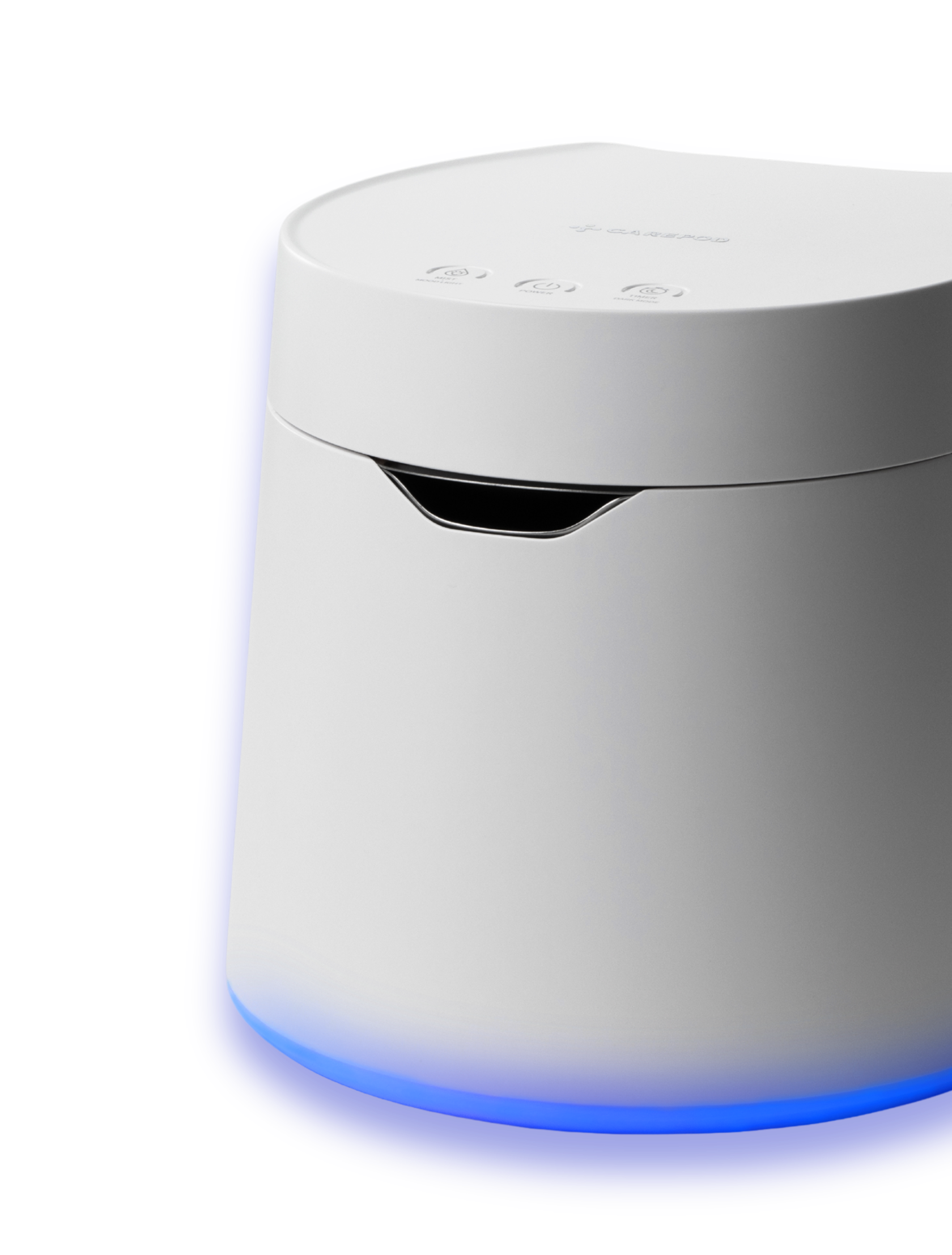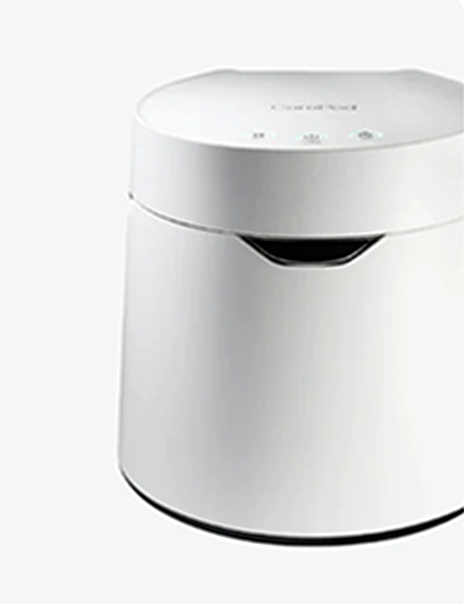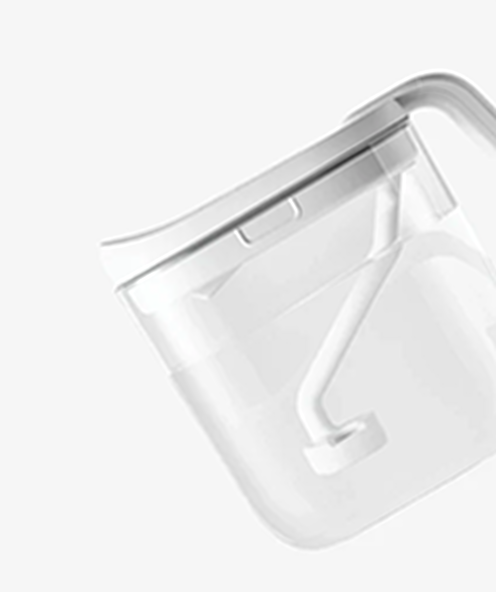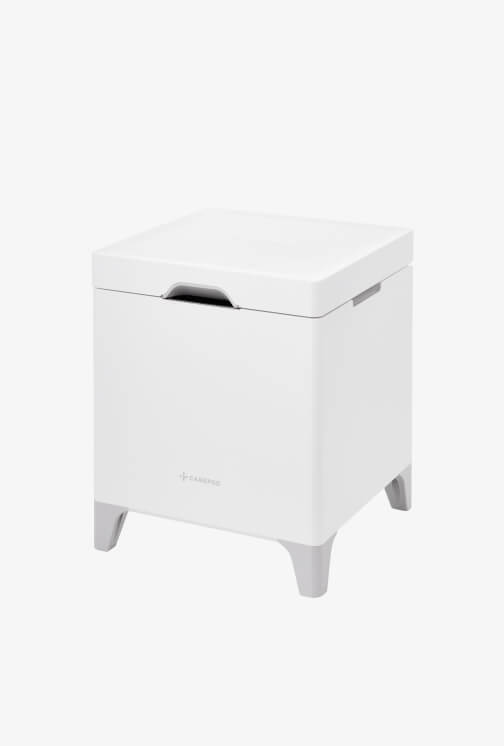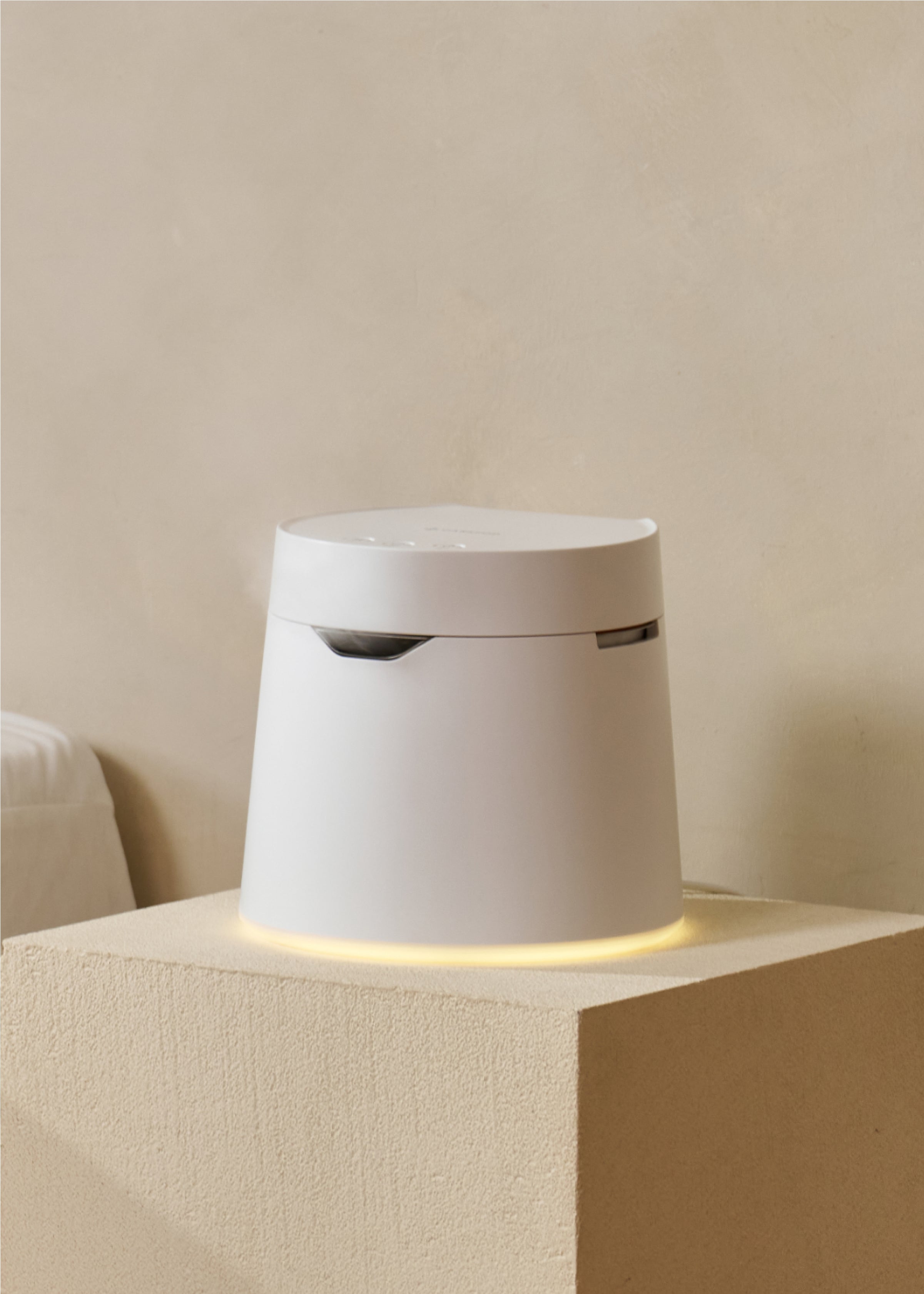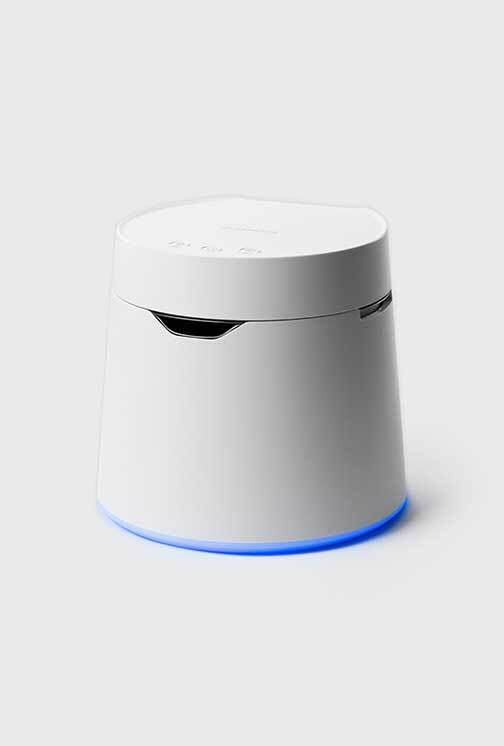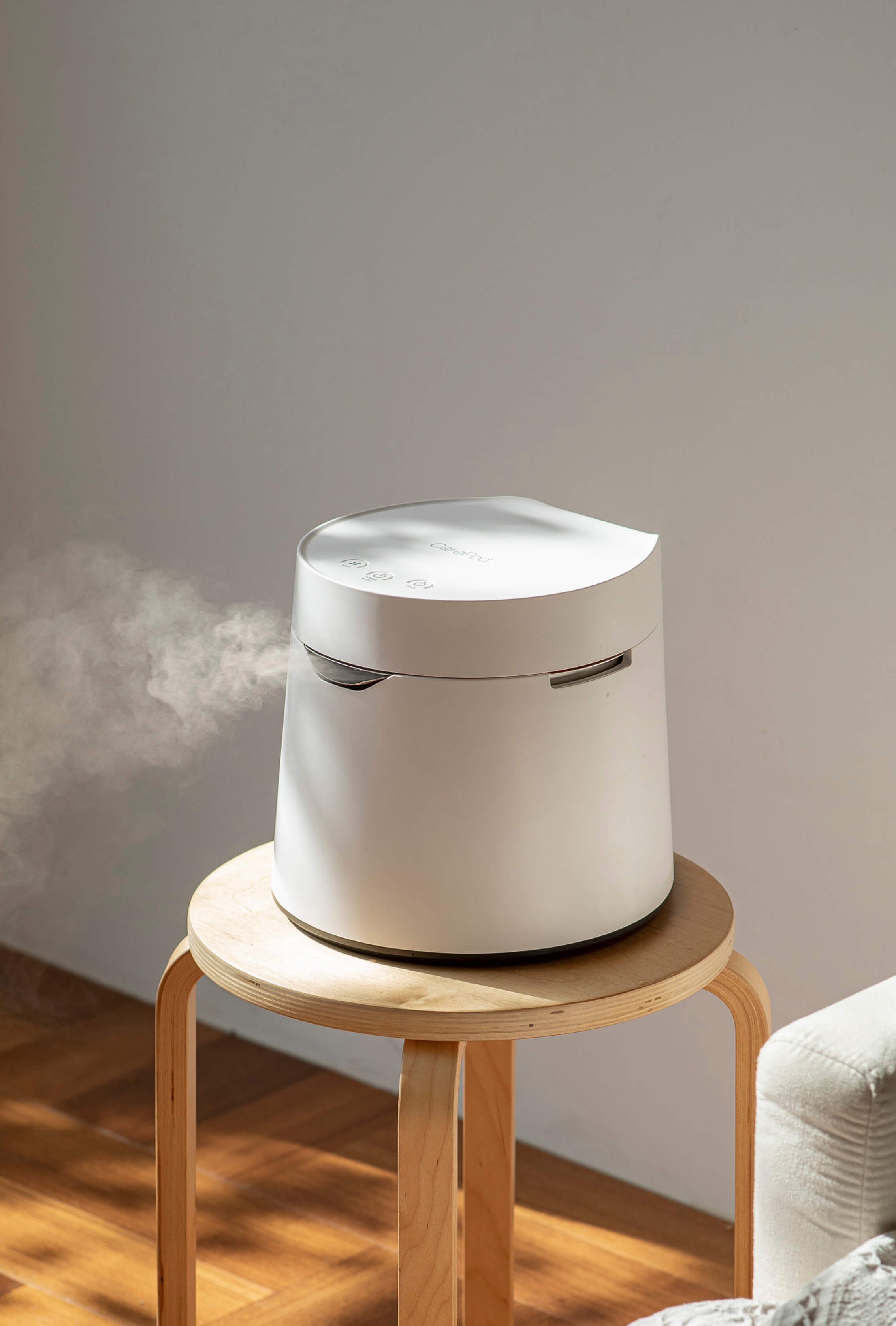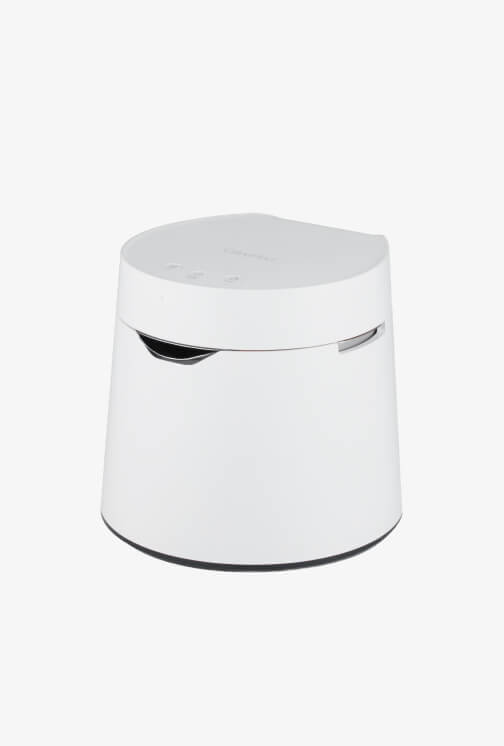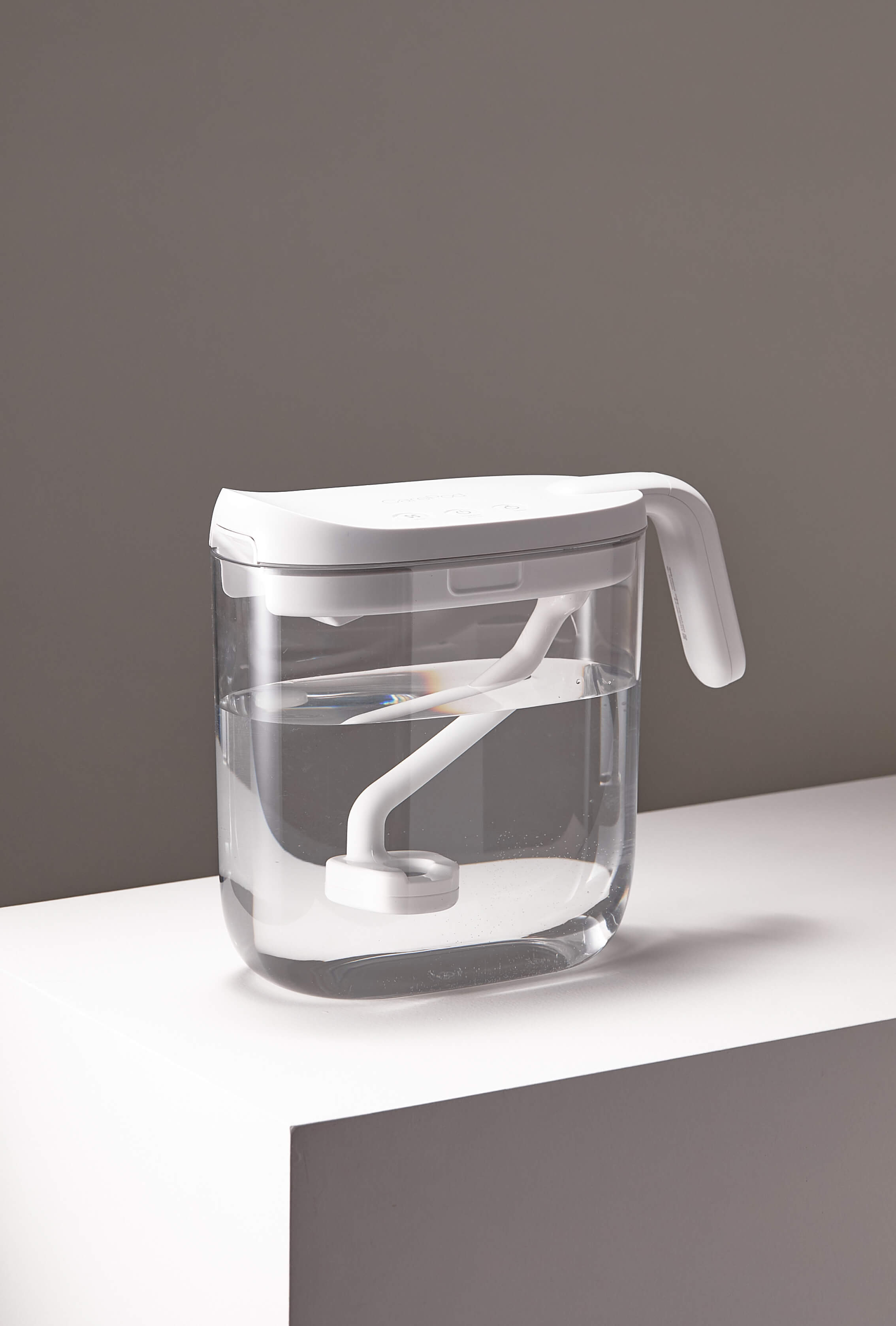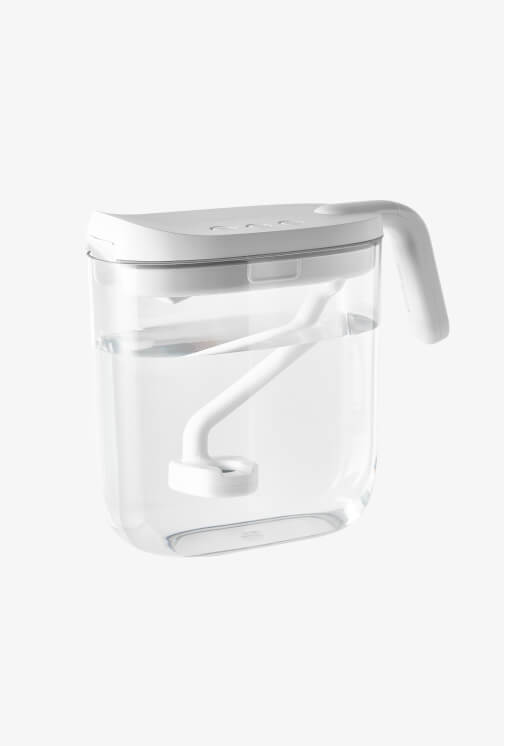How to Fight Cold and Flu Symptoms During the Fall

The arrival of fall means cozy sweaters, pumpkin spice lattes, and the vibrant colors of changing leaves. Unfortunately, autumn also signals the beginning of cold and flu season.
As the weather gets colder and the days get shorter, you're also more likely to get sick. Fact: no one wants to deal with a sore throat, runny nose, chest pain, and other common symptoms for days or even weeks on end!
So, during this time, it's crucial to take proactive steps towards protecting your health.
In this comprehensive guide, we'll dive into effective strategies to fend off the seasonal bugs and keep you feeling your best.
Tip #1: Prioritize rest and recovery.
It's no surprise that your immune system functions optimally when you are well-rested. Quality sleep allows your body to recharge and rejuvenate, boosting its ability to fight off infections.
During deep sleep phases, your body produces cytokines, a type of protein that helps your immune system target infections and inflammation. So a chronic lack of sleep can weaken your body's defense mechanisms, making you more susceptible to infections.
A good night's rest, on the other hand, ensures that your body is prepared to defend itself against common illnesses.
Ensure that you're getting a consistent and adequate amount of rest each night, which the average person nowadays unfortunately has a tough time with. Of course, 7 - 9 hours of sleep is recommended for most adults, but everyone is different, so try to find the right sleep schedule for you.
Tip #2: Stay up-to-date on your flu shots and vaccinations.
One proactive step you can take to defend against the flu and other preventable diseases is to stay up to date with your vaccinations. The annual flu shot provides protection against the most current strains of the influenza virus. This significantly reduces your likelihood of contracting the flu and coming down with its nasty symptoms.
Flu vaccines work by introducing a very small, inactivated form of the virus into your body, prompting your immune system to recognize this viral infection and produce the specific antibodies needed to fight it off. This way, your body is prepared to mount a proper defense if you're actually exposed to the real illness later on.
Vaccination schedules and doses vary based on age and other health conditions, so be sure to consult with your healthcare provider before getting the shot. Beyond the flu vaccine, other immunizations such as those for pneumonia and whooping cough can future help maintain optimal health and immunity, in the fall season and beyond.
(Bonus tip: be sure to also check up with your health care provider to make sure you're caught up with your overall physical exam).

Tip #3: Don't forget to wash your hands regularly.
One of the simplest yet most effective strategies for safeguarding your health year-round is by maintaining excellent hygiene — especially for your hands.
Our hands are in constant contact with various surfaces, oftentimes in public places that are exposed hundreds or even thousands of people on regular basis. This makes your hands a prime vehicle for the transmission of common cold and flu viruses that get spread around from person to person.
However, regularly washing your hands with soap and warm water for at least 20 seconds significantly reduces the risk of infection. If you're on the go, carrying a small bottle of alcohol-based hand sanitizer is a good idea. Remember to do so before eating, after using the restroom, and after touching surfaces in crowded places.
Handwashing is effective because it removes germs from your skin and flushes them away. The right technique involves scrubbing all parts of your hands, including the back, between your fingers, and especially under your nails, where virus particles can often linger.
As an additional hand hygiene tip, avoid touching your face — particularly your eyes, nose, and mouth, as these are common entry points for germs that cause respiratory illnesses.
By making sure your hands are clean and away from your face, you'll be one step closer to staying healthy and enjoying the fall season to the fullest.
Tip #4: Exercise and stay active through the season.
Did you know that incorporating regular exercise can be a game-changer when it comes to boosting your immune system?
Physical activity has numerous benefits that directly contribute to your body's ability to fend off infections such as the cold and flu. Exercise is known to enhance the production of antibodies and white blood cells, which are essential components of innumerable defense.
Being active also promotes better blood circulation so that these immune cells can travel throughout your body more efficiently. This means that they'll be able to quickly identify and attack invading pathogens, especially common respiratory viruses that show up in the fall.
Beyond its physical immune-boosting properties, exercise also provides general anti-inflammatory effects and can serve as a natural remedy for stress. Of course, high levels of stress and anxiety can suppress the body's immune system, making you more susceptible to illnesses. Therefore, engaging reasonable levels of physical exertion can boost your defense mechanisms against the cold and flu virus.
(Bonus tip: after physical training, be sure to consume plenty of fluids to keep your body properly hydrated).
It is however, important to strike a balance, as excessively intense exercise can cause muscle pain and temporarily weaken your immune system. So avoid overdoing it, especially if you're already feeling a bit under the weather.
Examples of healthy, moderate-intensity activities include walking, jogging, yoga, or working out — all of which can be part of a fall routine to keep you happy and healthy.

5. Consider using a humidifier to alleviate cold or flu symptoms.
While you might not immediately think of a humidifier when it comes to preventing fall illnesses, this powerful device can actually go a long way in your quest to stay healthy.
As cooler weather begins to take over in the fall and winter months, it tends to be become dryer both indoor and outdoor. This decreased humidity level can have negative effects on both your respiratory system and overall health.
For instance, dry air tends to leach moisture from mucous membranes, which are an integral part of your body's defense mechanism against respiratory infections.
A humidifier works to add moisture to the air in your living space, combating this effect. By keeping these mucous membranes moist, they will be well-equipped to protect you from harmful pathogens like viruses and bacterial infections.
If you're already dealing with common cold symptoms, maintaining a sufficient level of moisture will at least relieve some of the irritation by soothing nasal passages, which can provide relief for your scratchy throat, stuffy nose, and other respiratory symptoms.
And even if you're not sick, a humidifier can also help to alleviate common daily discomforts such as dry skin, chapped lips, nasal congestion, and even allergy symptoms as well as asthma flare-ups. On top of that, maintaining comfortable humidity levels can help to promote better sleep, which is essential for a healthy immune system, as discussed before.
Overall, a humidifier is a small addition to your home that could make a big difference to your health and comfort all year round, but especially during the colder months.

Final Thoughts
While the fall season brings many joys, it also presents its own set of challenges. By adopting these simple strategies into your daily life, you can take charge of your health and well-being to enjoy the season to its fullest. To recap:
- Prioritize rest and recovery, as good sleep is the cornerstone to good health.
- Stay up-to-date on flu shots and vaccinations, to ensure that you're protected against new strains of viruses.
- Maintain healthy hand hygiene, remembering to wash frequently and avoid touching your face.
- Exercise and stay active, to keep yourself in good shape and bolster your immune system.
- Consider using a humidifier, which provides numerous health benefits by combating the harmful health effects of dry air.
At the end of the day, these five proactive steps not only reduce your risk of falling victim to seasonal illness like the common cold and flu, but also work to enhance your overall health and vitality. So embrace the autumn season, and do it with the confidence that you've taken valuable measures to protect your health.
